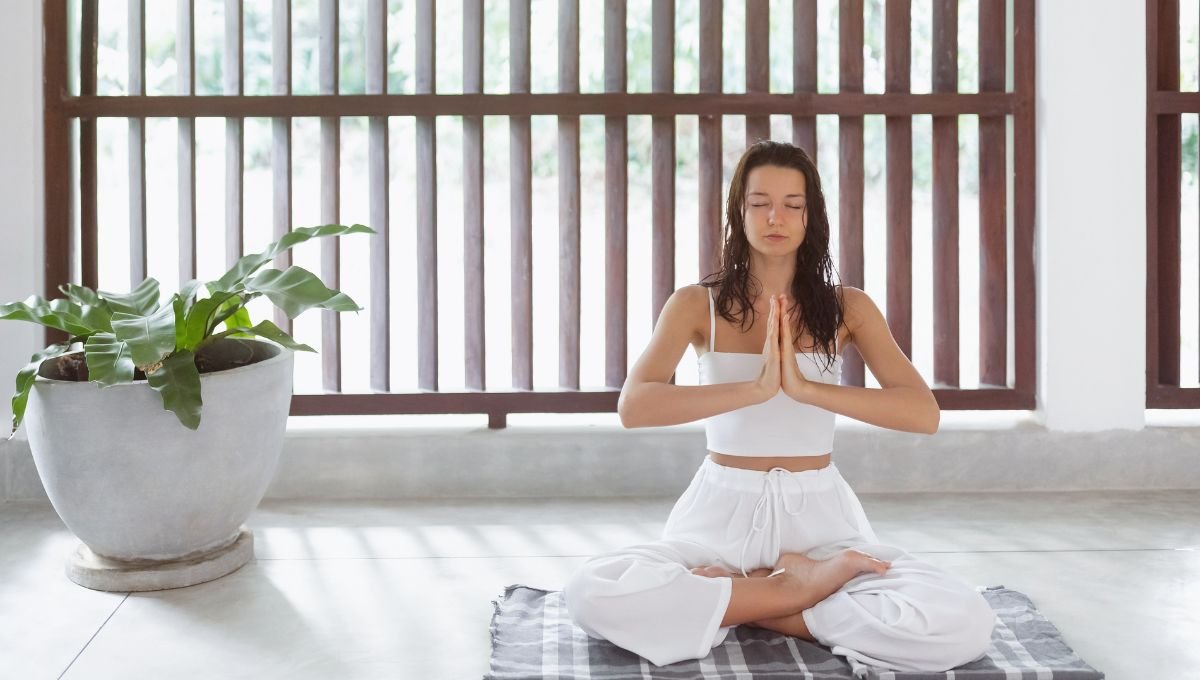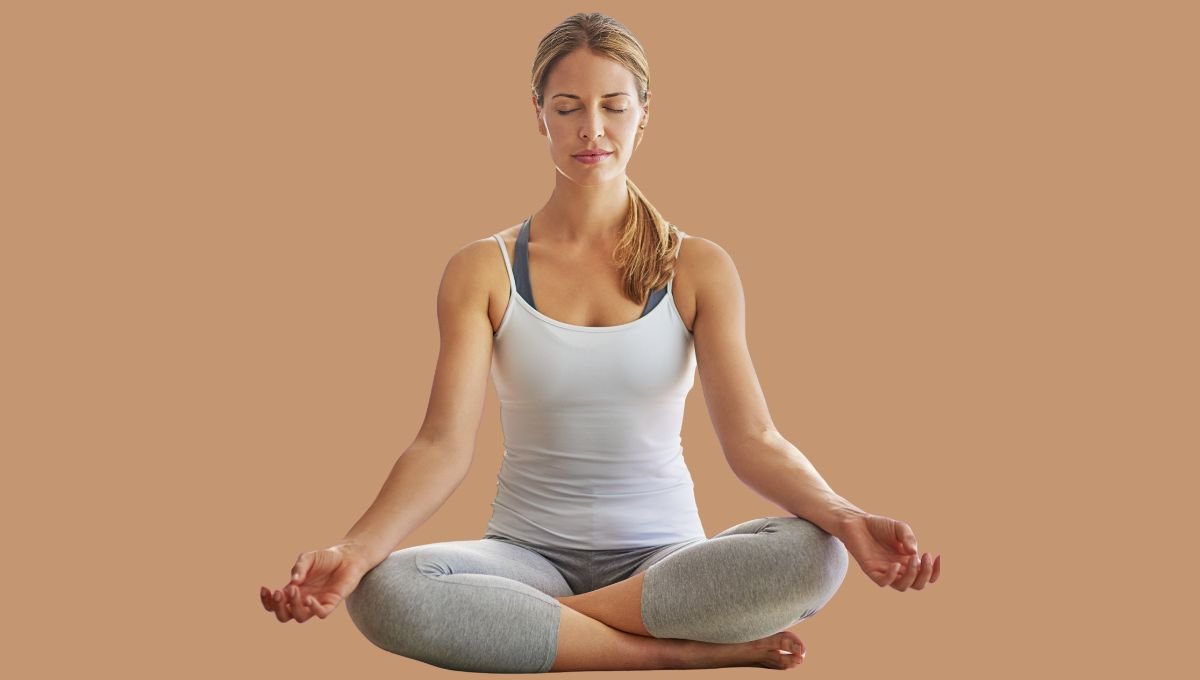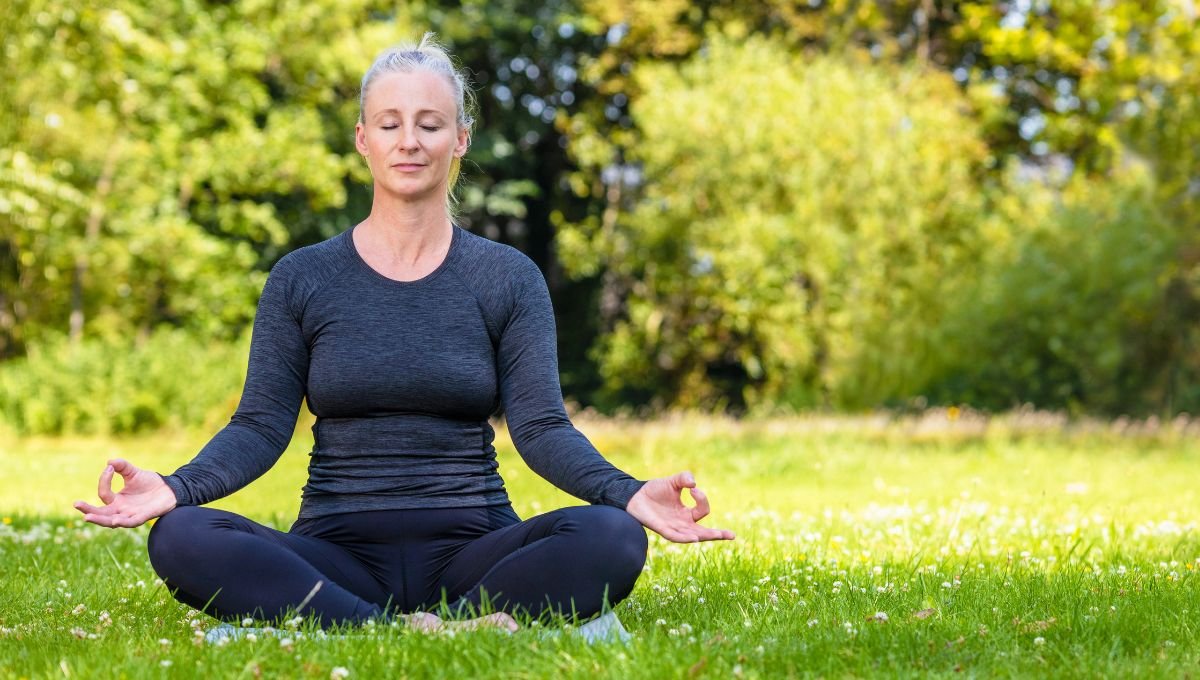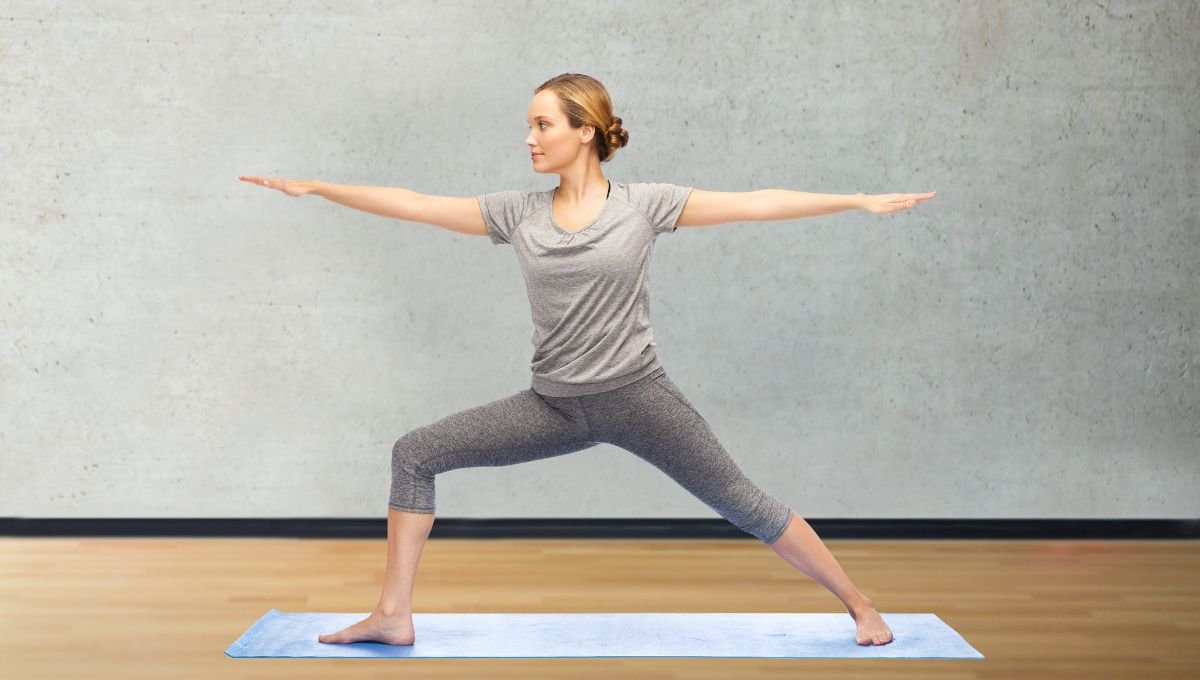From Stress to Zen: Yoga’s Path to Mental Wellness, Unraveling yoga’s power to soothe the mind and uplift the spirit.
Short Intro:
In the advanced hurricane of life, stress appears to be a certain sidekick, shadowing all our means. “From Stress to Zen: Yoga’s Way to Mental Health” reveals insight into how the old act of yoga fills in as a scaffold to cross from the tumults of stress to the quietness of a zen-like state. Late market measurements highlight a developing acknowledgment of yoga as an actual activity as well as a comprehensive tool for mental health. Studies uncover that a rising number of Americans are going to yoga, with a prominent surge in support as people look for successful ways of combating stress and improving their emotional well-being.
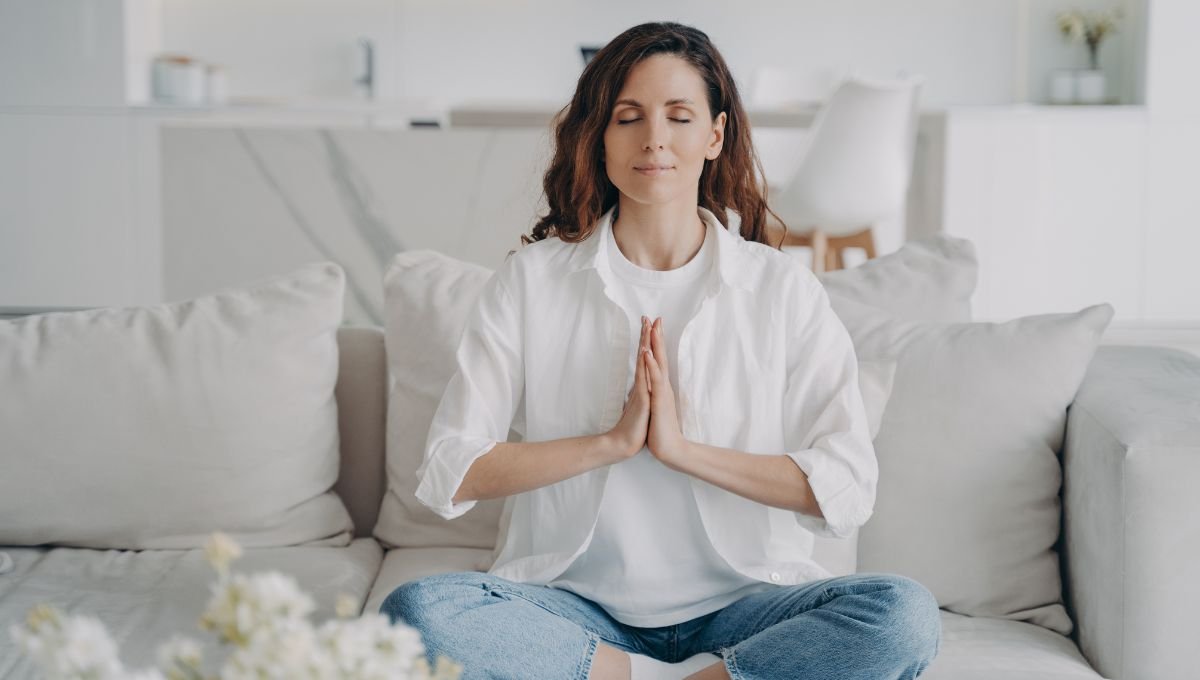
The Extraordinary Force of Yoga on Psychological well-being
Yoga, with its profound roots in old insight, offers something beyond actual advantages; it is a vital aspect for opening mental serenity and close-to-home equilibrium. This training joins actual stances, breathing activities, and contemplation to make an extensive way to deal with mental wellbeing. Through the customary act of yoga, people can encounter a huge decrease in stress, nervousness, and misery, prompting a general improvement in personal satisfaction. The cooperative energy of development and breath innate in yoga helps the psyche to zero in on the present, reducing stresses over the past or future.

Grasping the Association Among Yoga and Mental Well-being
Yoga’s way to deal with mental health is diverse, focusing on the physical, mental, and profound parts of prosperity. The actual stances (asanas) help in delivering pressure and stress stored in the body, while breathing strategies (pranayama) assist with managing the sensory system, advancing unwinding. Reflection and care rehearsals encourage a condition of quiet mindfulness, empowering people to withdraw from constant examples of stress and tension. This comprehensive methodology guarantees an agreeable harmony among body and psyche, preparing for a more profound feeling of harmony and mental lucidity.
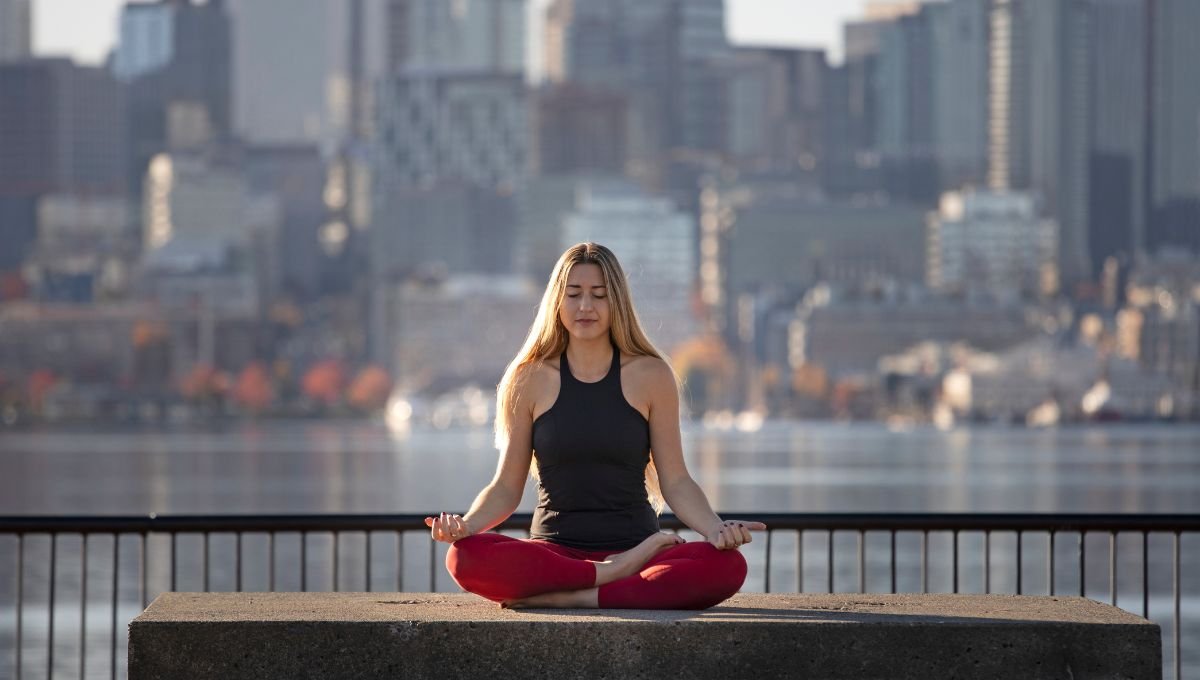
The Science Behind Yoga and Stress Decrease
Logical examination upholds the adequacy of yoga in overseeing stress and working on psychological well-being. Studies have demonstrated the way that yoga can diminish the emission of cortisol, the essential stress chemical, which decreases in general stress levels. Besides, yoga has been found to improve the creation of serotonin, frequently alluded to as the bliss chemical, which assumes a basic role in temperament guideline. These biochemical changes add to an uplifted feeling of prosperity and strength against stress.

Exploring the Way from Stress to Zen with Yoga
Setting out on the excursion from stress to zen through yoga requires consistency and care. Here is a bit-by-bit manual for incorporating yoga into your life for mental health:
Begin with Delicate Practices: Start your yoga process with delicate practices that emphasize unwinding and stress relief. Search for yoga styles like Hatha or Yin, which are more slow-paced and emphasize care.
Integrate Breathing Activities: Make pranayama, or breathing activities, a standard piece of your daily practice. Strategies like profound stomach breathing and substitute nostril breathing are successful in quieting the brain and diminishing stress.
Embrace Care and Reflection: Devote time to contemplation and care rehearsals, both essential parts of yoga that help mental health. Begin with short meetings and progressively increase the span as you become more agreeable.

Things to Know about While Rehearsing Yoga for Mental Health
While yoga is a useful asset for achieving mental wellbeing, moving toward it with awareness is significant. People with specific ailments ought to consult medical services experts prior to starting a yoga practice. Moreover, perceive that yoga is a supplement to, not a swap for, proficient psychological wellness treatment when required. Finding a certified yoga instructor who comprehends the subtleties of yoga for mental health can fundamentally improve the benefits of your training.
“From Stress to Zen: Yoga’s Way to Mental Well-being” enlightens the significant effect yoga can have on our psychological well-being. In our current reality, where stress poses a potential threat, yoga offers a safe haven of harmony and a demonstrated way to mental wellbeing. Through its all-encompassing methodology, joining actual stances, breathing activities, and contemplation, yoga equips people with the tools to explore life’s difficulties with beauty and strength. As additional individuals embrace yoga, we witness an aggregate shift towards an all the more intellectually well and profoundly associated society, highlighting yoga’s immortal significance in our quest for mental health and internal harmony.

End and Last Considerations
All in all, “From Stress to Zen: Yoga’s Way to Mental Well-being” features the extraordinary excursion that yoga works with, from the limits of stress to the freedom of a zen-like state. This old practice offers not just a shelter from the storms of day-to-day existence but, in addition, an exhaustive toolkit for sustaining mental, close-to-home, and actual prosperity. The combination of asanas, pranayama, and reflection in yoga makes an all-encompassing methodology that has been experimentally approved to lessen stress, improve mind-set, and cultivate a general feeling of equilibrium and harmony.
The way from stress to zen through yoga is both an individual and general excursion, mirroring the extraordinary encounters of every person while drawing on the aggregate insight of hundreds of years. As the cutting-edge world progressively recognizes the significance of mental wellbeing, yoga stands apart as an encouraging sign, directing people towards internal serenity and flexibility. By embracing a normal yoga practice, we put resources into our psychological wellness as well as add to a more careful, sympathetic, and adjusted world.
Let this investigation of yoga’s ability to change mental health motivate you to leave on your own excursion from stress to zen. Whether you are new to yoga or developing a current practice, recall that each symbol, every breath, and every snapshot of care carries you closer to the serenity and lucidity you look for. Embrace yoga as a deep-rooted sidekick on the way to mental wellbeing, and venture out today towards a more tranquil and satisfying life.

Often I sought clarification on some pressing issues (FAQs) From Stress to Zen
1. How does yoga lessen stress?
Yoga decreases stress by consolidating actual stances (asanas) with breathing methods (pranayama) and contemplation, which assist with quieting the psyche, lessening the body’s stress reaction, and lowering levels of cortisol, the stress chemical. Customary practice prompts worked on mental and actual prosperity.
2. Could yoga, at any point, assist with uneasiness and despondency?
Indeed, yoga has been shown to assist with reducing symptoms of nervousness and melancholy. The training energizes unwinding, care, and an emphasis on the present, which can upset examples of negative reasoning, diminish actual strain, and upgrade the state of mind through expanded serotonin levels.
3. Is yoga suitable for amateurs with high stress levels?
Totally. Yoga is available to people of all aptitude levels, including amateurs. Starting with sensitive yoga styles, such as Hatha or Yin Yoga, can be particularly useful for those overseeing high stress levels, as these styles complement drowsy turns of events, care, and loosening up.

4. How often could it be smart for me to practice yoga to see upgrades in my mental prosperity?
Consistency is basic. Practicing yoga a couple of times every week can provoke unmistakable changes in stress reduction, outlook improvement, and general mental prosperity. Without a doubt, even a brief everyday practice can be more important than a more expansive gathering done confidingly.
5. What are some specific yoga poses known for progressing emotional wellness?
Certain stances, similar to Youth’s Stance (Balasana), Staying Forward Bend (Uttanasana), and Benefits of the Wall Stance (Viparita Karani), are known for their stress-lightening properties. These stances help with calming the cerebrum, facilitating strain in the body, and advancing a sensation of loosening up.
6. Do I need to go to a yoga class, or might I practice at any point at any time at home?
While going to a yoga class can provide guidance and a sensation of the neighborhood, yoga at home is similarly strong, especially with the assistance of online resources, applications, and books expected for all levels. The key is to find a plan that meets your necessities.
7. Could yoga, at any point, supplant conventional emotional wellness treatment?
While yoga is an integral asset for advancing mental wellbeing, it shouldn’t supplant conventional psychological well-being treatment endorsed by medical care experts, particularly for those managing serious psychological wellness issues. All things considered, yoga can be utilized as a corresponding practice to enhance general prosperity and support treatment plans.


